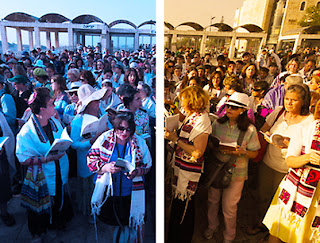Abutbol - A Victim of "Comedic" Editing?
The press is reporting the story worldwide that Mayor Moshe Abutbol said, "There are no gays in Beit Shemesh," and that gays need to be dealt with by the Ministry of Health and the police. So the first thing to do, if you haven't, is to watch the actual clip from "Shai b'Shishi" - specifically from 2:55 to 3:44. In Stern’s interview with Moshe Abutbul, he claims “there are no gays in this pure and holy city” and that if there were, “they would be dealt with by the ministry of health and police.” Read more at: http://www.jewishpress.com/blogs/tzedek-tzedek/mayor-abutbul-and-the-awkward-issue-of-beit-shemesh-child-abuse/2013/11/12/ “there are no gays in this pure and holy city” Read more at: http://www.jewishpress.com/blogs/tzedek-tzedek/mayor-abutbul-and-the-awkward-issue-of-beit-shemesh-child-abuse/2013/11/12/ “there are no gays in this pure and holy city” Read more at: http://www.jewishpress.com/blogs/tzedek-tzedek/mayor-abutbul-and-the-a...



